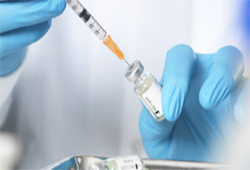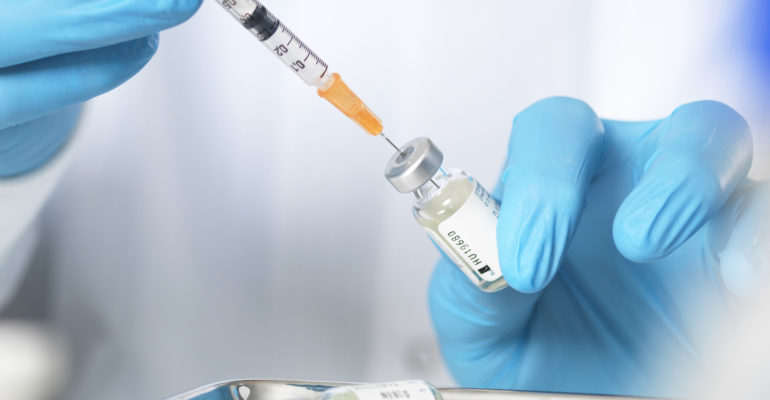
Below are highlights of recent developments in biosimilar clinical trials.
On December 9, Celltrion presented the results from a phase 3 clinical trial that demonstrated similar safety and efficacy of its TRUXIMA biosimilar to the reference product RITUXAN (rituximab) in patients with advanced follicular lymphoma (AFL).
On December 10, Samsung Bioepis announced that China’s National Medical Products Administration has approved a phase 3 trial for ONTRUZANT, a trastuzumab biosimilar to HERCEPTIN. The trial will compare the safety and efficacy of ONTRUZANT to HERCEPTIN in 208 breast cancer patients, and will be the first clinical trial that the company conducts in China.
On December 14, Boehringer Ingelheim’s adalimumab biosimilar, CYLTEZO, was reported to be noninferior to HUMIRA in a phase 3 clinical trial in patients with Crohn’s disease. The biosimilar was approved for Crohn’s and several other indications in 2017, and gastroenterologists wanted to assess specific dosing in patients with inflammatory bowel disease.
On December 16, Meiji Seika Pharma and Dong-A Socio Holdings announced that a phase I trial has been initiated in Europe for DMB-3115, a biosimilar candidate to STELARA (ustekinumab). The single-dose study will evaluate the pharmacokinetics, safety and tolerability of the drugs in healthy volunteers.
On December 18, NeuClone announced that it completed recruitment and dosing for its phase 1 clinical trial of NeuLara, its proposed biosimilar of STELARA (ustekinumab). NeuClone reported that 210 subjects were randomized evenly into three arms to receive a single dose of either NeuLara, US-sourced STELARA, or EU-sourced STELARA. The company anticipates the final clinical study report in the third quarter of 2020. The biosimilar candidate is one of several that NeuClone is developing in partnership with the Serum Institute of India.

